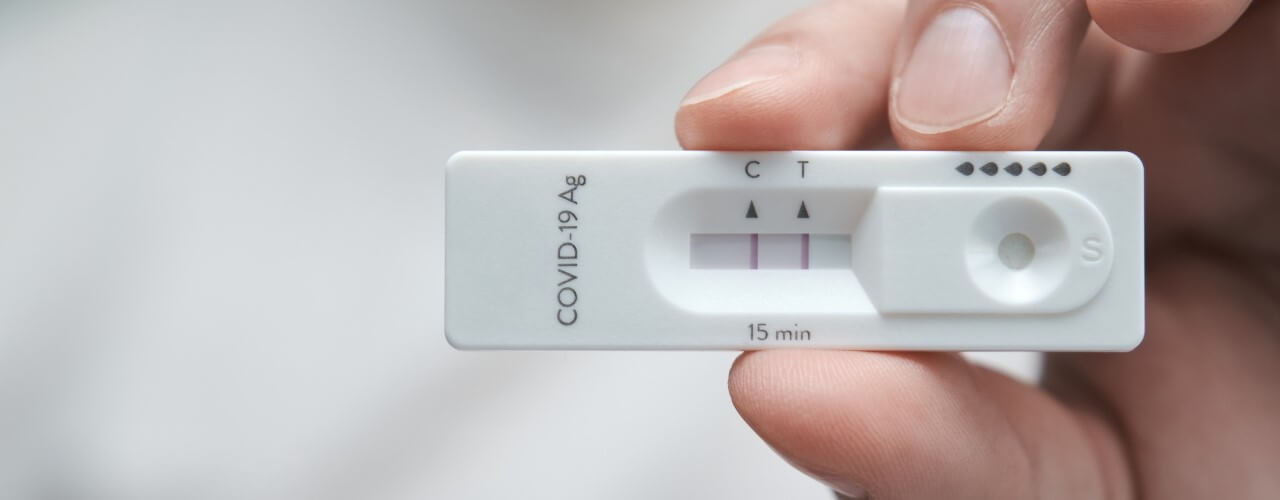Can Covid-19 Change your voice?
The symptoms and impact of COVID-19 continue to change, even as the world has begun to return to a new sense of normality. As well as many other ongoing issues for those who have had covid and long covid, new evidence is now emerging of the way that it can affect that voice. Although it’s true that having the virus can leave you with an altered voice – often a hoarser version of how you used to speak – this usually has more to do with other covid symptoms than anything particularly new.
How does covid change your voice?
There has been evidence, provided by patients, that as the virus progresses people have reported an increasingly hoarse voice. This may not sound problematic but it can be difficult for people to adjust to – and is, more often than not, a sign the result of one of a range of other covid symptoms.
How does covid change your voice?
The hoarseness that has been reported as part of the covid experience for many people could be caused by a number of different things:
- An upper respiratory tract infection. Laryngitis can be part of the list of symptoms that comes with any virus, including covid, and could be responsible for changes to your voice when you’ve had covid.
- The cough. Many people experience a cough with covid and this is going to cause the kind of irritation and inflammation that will create changes in the way that you sound when you speak. The virus itself also causes inflammation all over the body. So, for many people there will be inflammation in the throat anyway because of the virus plus the aggravating factor of the cough, causing some challenging irritation in the throat.
- The flexibility of the vocal cords. Whether it’s as a result of general inflammation or coughing, vocal cords can become a lot less flexible when you have covid. Your vocal cords will normally move and vibrate when you speak but when you’ve got covid they can become stiff and swollen, causing changes in the way that you sound, to yourself and others.
- The use of steroids. Some patients who have covid are treated with a steroid called dexamethasone. This tends to increase acid reflux, which causes a chemical irritation of the throat and vocal cords and can also trigger changes to your voice.
- Being on a ventilator. For those more extreme cases of covid, a patient may have spent time on a ventilator, which involves a plastic tube going through the vocal cords. This can be in place for several weeks at a time – or more – and is another reason why there might be vocal changes.
- The Vagus Nerve. Located in your upper airway, the Vagus Nerve can be affected by inflammation as a result of covid. This may mean it stops working as well, creating breathlessness and more coughing as well as meaning that the vocal cords may not function as they should.
Most vocal changes from covid are not permanent. However, you can see your ENT specialist if you’re worried about any changes to your voice that don’t seem to be going away.
Harley Street is the UK’s foremost private medical centre which is dedicated to providing high-quality care for your ear, nose, throat, head & neck, and balance-related disorders. Find out more information on the ENT Services we provide at The Harley Street ENT Clinic.

